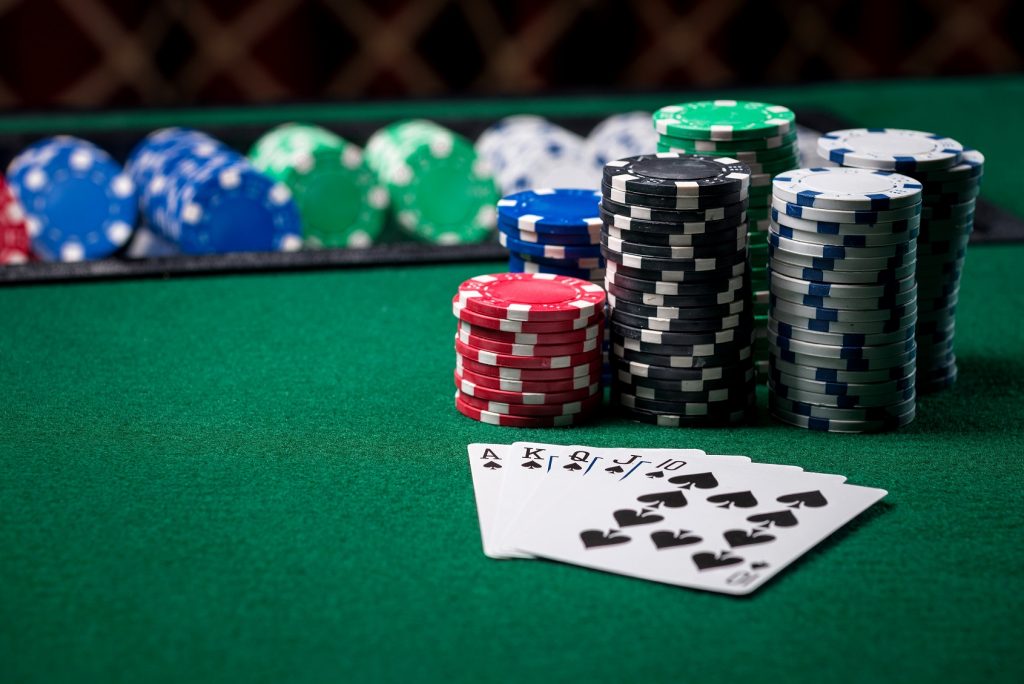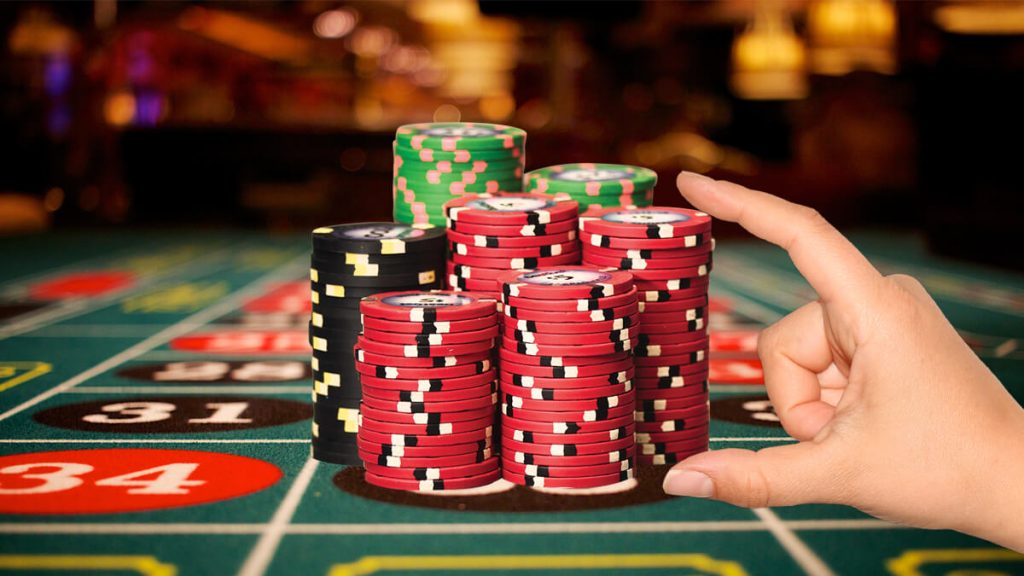Blackjack is one of the classic games of chance which is offered in both online casinos and brick-and-mortar venues throughout the world. But its history is not as long as that of roulette. However, card games have been around since an early age, there is even data about card games, precursors of modern cards, about 900 years before Christ. In this article I talk about this interesting history of blackjack that today is an indispensable part of the range of games in any casino.
The Origins of Card Games

The beginning of card games is reported in ancient China, where paper money was used to play a game very similar to card games. These “sheets of paper” gave the game its name, and many centuries later were exchanged by the Arabs with beautiful designs that approximated the images on today’s cards.
Cards arrived in Europe in the 14th century and were brought by some tribes from Egypt. At that time the card game already had 52 different figures that were with symbols of swords, cups, coins, and suits. Already in Europe they were changed by drawings of important figures in contemporary society, the drawings were of kings, bishops, and cardinals. Card games were common in entertainment venues. At that time the cards were hand drawn only for nobles and kings, but due to the popularity of the games, they started to print cards professionally with pressure for the use of the normal population. At that time, in each country and even in each city, there were different letters until French-made cards finally became popular.
In the 15th century, many cards were unified and the game we know today was established. The symbols spades, hearts, clubs, and diamonds originated in France, as did the symbols for representing European royalty. To this day the cards of the King, the Queen (also called Lady) and the Prince, which today is called Jack and means a young man, have arrived.
The emergence of blackjack
The first time the game of “21” is mentioned is in the 17th century, in the book “Rinconete y Cortadillo” by Miguel de Cervantes. The book describes the card game that aims not to exceed 21 points. You could bet before the game and the winner would receive the pot of lost bets. Since the book was written in 1601, one can conclude that the game was played since the previous century.
The game spread very quickly in other European countries and especially in France. In Italy it was known by the name of 17 and a half and was played with forty cards. The 8, 9, and 10 were excluded cards from the game. Only half a point was awarded to picture cards.
The evolution of blackjack in the United States

Blackjack became popular in the United States thanks to French emigrants who brought the game to Louisiana. Before long, the game spread to New Orleans. The Americans called the game “the Twenty-one”, but began to add a bonus to the game when a player had an Ace of Spades and a Jack of Spades. As the “Jack of Spades” in English is called the Black Jack, hence the name of the game by which it is known today. This card combination was paid out in casinos 10 to 1. The game spread quickly in the United States, but there were minor changes in the rules. Eventually, the hand with Black Jack could also be every card with an Ace and the payout went down to 3:2.
Blackjack was played in all casinos, but had no set rules, which led the American government to decide to ban the game in 1890. The fear of an increase in organized crime and corruption was too great. In Nevada, you could not even gamble privately until 1910. It was very little time before the American government realized that banning gambling only strengthens the problems in American society.
Gambling was played illegally and secretly and this made it even more difficult to control. In 1931, the state of Nevada legalized it again, but with strict requirements. Las Vegas quickly became the center of pilgrimage for players from all over America and now all over the world. Today blackjack is one of the most popular games of chance, as it has rules that are easy to learn and have been established as universal for everyone.
